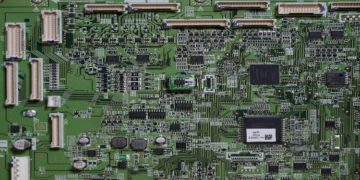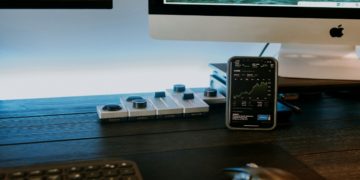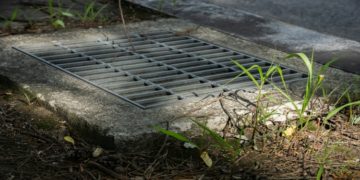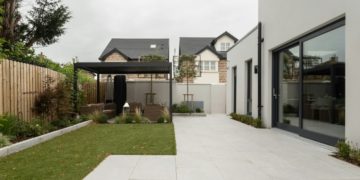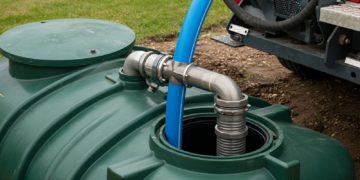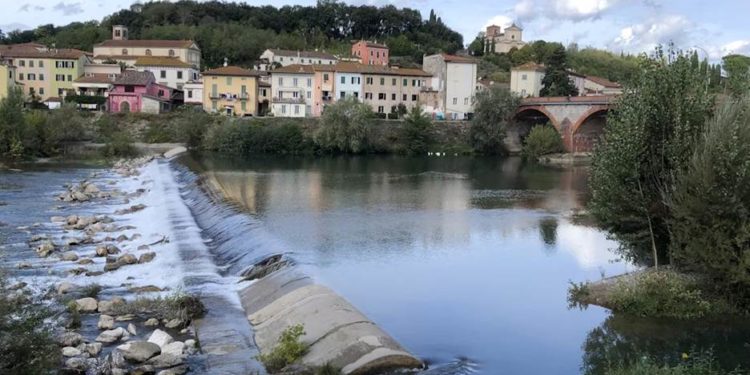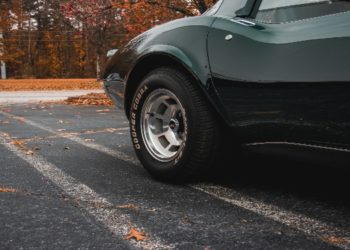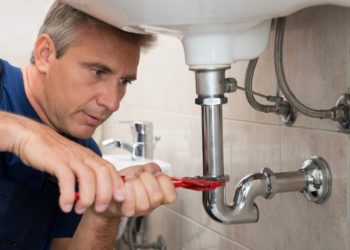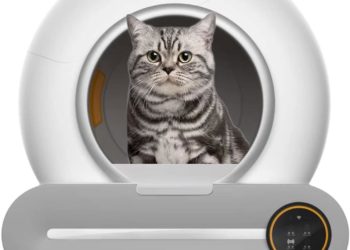Step 1: Identify Your Eco Lodge Energy Challenge
Eco lodges represent a commitment to sustainability, low-carbon living, and environmental harmony. However, one of the biggest challenges in running an eco lodge—especially those in remote or mountainous locations—is providing consistent, clean, and reliable power.
Conventional energy sources often fail in these settings:
- Solar systems – Clean but expensive, weather-dependent, and require costly batteries.
- Diesel generators – Reliable but noisy, polluting, and fuel-dependent.
- Wind power – Works only in certain locations, performance fluctuates, maintenance-intensive.
For eco lodges, essential needs are continuous, quiet, stable power—which many of the above options cannot consistently provide.
Step 2: Why Micro-Hydro Fits Better Than Solar/Diesel/Wind
If your lodge is near a natural water source, a micro-hydro turbine can offer several advantages:
- Runs 24/7, day and night, without reliance on weather.
- Low maintenance once installed.
- Eco-friendly – No emissions, no noise.
- Cost-effective long-term – Low operating cost after setup.
Micro-hydro is especially suitable for valleys or mountain streams, precisely where many eco lodges are located. For such off-grid settings, a 1kW micro-hydro turbine often becomes the most reliable renewable energy choice.
Step 3: Is 1kW Enough? Matching Power Output to Real Lodge Needs
A 1kW water turbine generator is often the sweet spot for small and medium eco lodges. Typical uses include:
- LED interior and exterior lighting
- Wi-Fi routers & communications
- Charging phones/laptops
- Small refrigeration & water pumps
- Powering multiple cabins
Scalable: Multiple 1kW units can be installed in parallel if more capacity is needed.
Quick Self-Assessment (Do You Qualify?)
Ask yourself three questions:
- Do you have a year-round water source (stream, spring, creek)?
- Do you have a ≥1.5m vertical drop (head)?
- Can your stream provide ≥30 L/s flow?
Simplified formula:
Power (kW) ≈ 0.7 × Head (m) × Flow (L/s) ÷ 1000
Step 4: Compare Market Options & Pricing
Product 1: PowerHome 1kW Micro-Hydro Generator
- Price: US $1,050–1,300
- Minimum Head: 1.5–3 m
- Flow: 30–40 L/s
- Generator Type: Axial-flow turbine, 220 V AC output
- Installation: Simple, plug-and-play
- Noise: Very low
- Best for: Sustainable, compact power generation in eco-lodges situated near modest flowing water sources
Product 2: PowerSpout LH Mini (~800W)
- Price: US $2,000–2,400
- Minimum Head: 1–5m
- Flow: 14–32 L/s
- Generator Type: Low-head propeller turbine with permanent magnet alternator
- Installation: Modular, dealer-supported
- Noise: Quiet
- Best for: Eco lodges or hybrid systems in low-head water sites, where continuous clean energy is needed.
Product Comparison Table
| Feature | PowerHome 1kW | PowerSpout LH Mini (~800W) |
| Price | $1,050–1,300 | $2,000–2,400 |
| Minimum Head | 1.5–3 m | 1.5–5 m |
| Flow Requirement | 30–40 L/s | 14–32 L/s |
| Generator Type | Axial-flow turbine, 220 V AC | Low-head turbine, Permanent Magnet |
| Installation | Compact, plug-and-play | Modular, dealer-supported |
| Hybrid Compatibility | Yes (inverter) | Yes (MPPT, battery/solar ready) |
| Maintenance | Very low | Low–moderate |
| Ideal Use | Small eco lodges with steady streams | Hybrid eco-systems, low-head rivers |
Step 5: Learn from Real-World Case Studies
British Columbia, Canada (2024):
An eco lodge installed a PowerHome 1kW low-head turbine (≈2 m head, 35 L/s flow). Within one week, the 1kW water turbine system powered three cabins continuously. The diesel generator was relegated to backup only, saving about $2,000/year in fuel and improving guest satisfaction with a quieter environment.
Step 6: Buyer’s Checklist & FAQ
Procurement Checklist
- Turbine unit (1kW class, Permanent Magnet AC)
- Controller / inverter
- Penstock pipe (for water channeling)
- Intake screen (trash rack)
- Cabling & distribution board
- Battery bank (optional, for backup/hybrid use)
Maintenance Schedule
- Weekly: Inspect intake for debris
- Monthly: Test electrical connections
- Yearly: Check seals/bearings
- Every 5 years: Overhaul/replace parts
FAQ Highlights
Q: What if my water flow drops seasonally?
Output drops, but you can pair with batteries or solar.
Q: Is 1kW enough for a full lodge?
Yes for energy-efficient lodges. Otherwise, scale with multiple units.
Q: Installation difficulty?
PowerHome = easy DIY with basic plumbing; PowerSpout = dealer-supported.
Q: Can I combine with solar?
Yes. Both support hybrid integration.
Q: How much power can a 1kW micro-hydro turbine generate for an eco lodge?
A well-installed 1kW unit running 24/7 can deliver up to 24 kWh per day, which is enough for efficient lighting, refrigeration, and communications in small to medium eco lodges.
Step 7: Beyond Power — Environmental, Practical, and Policy Benefits
While the technical performance of a 1kW water turbine is crucial, eco lodge operators also benefit from several broader advantages that strengthen both sustainability and long-term profitability.
Environmental Impact
A micro-hydro turbine producing 1kW continuously can replace thousands of liters of diesel fuel annually. For example, reducing just 2 liters of diesel use per day cuts over 1.6 tons of CO₂ emissions per year. For eco lodges that market themselves on environmental credibility, this direct carbon reduction strengthens their green branding and resonates with eco-conscious travelers.
Installation Insights
When planning installation, site details matter. Ideally, the intake should be slightly upstream with a screened inlet to prevent leaves and debris from entering. Keeping the penstock (water pipe) as short and straight as possible reduces friction losses and maximizes energy output. Many successful eco lodges position their turbines within 100–200 meters of their cabins, ensuring efficient power delivery without excessive cabling.
Government Support and Incentives
In many countries, small renewable energy projects qualify for government incentives or tax benefits. For example, eco-lodges in the EU may access green energy subsidies, Canadian provinces often provide grants for off-grid renewable adoption, and New Zealand has favorable policies for micro-hydro in rural tourism. These incentives can reduce payback periods by 20–40%, making investment in a 1kW turbine even more financially attractive.
Future-Proof Flexibility
Finally, a micro-hydro system does not have to stand alone. It can be paired with solar panels or battery banks in a hybrid setup, ensuring 24/7 reliability across seasonal variations. This layered approach guarantees continuous guest comfort while lowering total operating costs.
Step 8: Final Decision – Why Energy Choice Defines Eco Credibility
Energy sits at the heart of eco lodge operations. While many focus on solar, micro-hydro often delivers better reliability, lower costs, and stronger sustainability alignment—if your site conditions are right.
A 1kW turbine system offers:
- Consistent, quiet, clean energy
- Quick payback (1–2 years vs. diesel)
- Long lifespan (15+ years) with minimal maintenance
For eco lodges seeking to strengthen their green identity while lowering costs, a 1kW micro-hydro turbine generator is a smart, future-proof investment.








